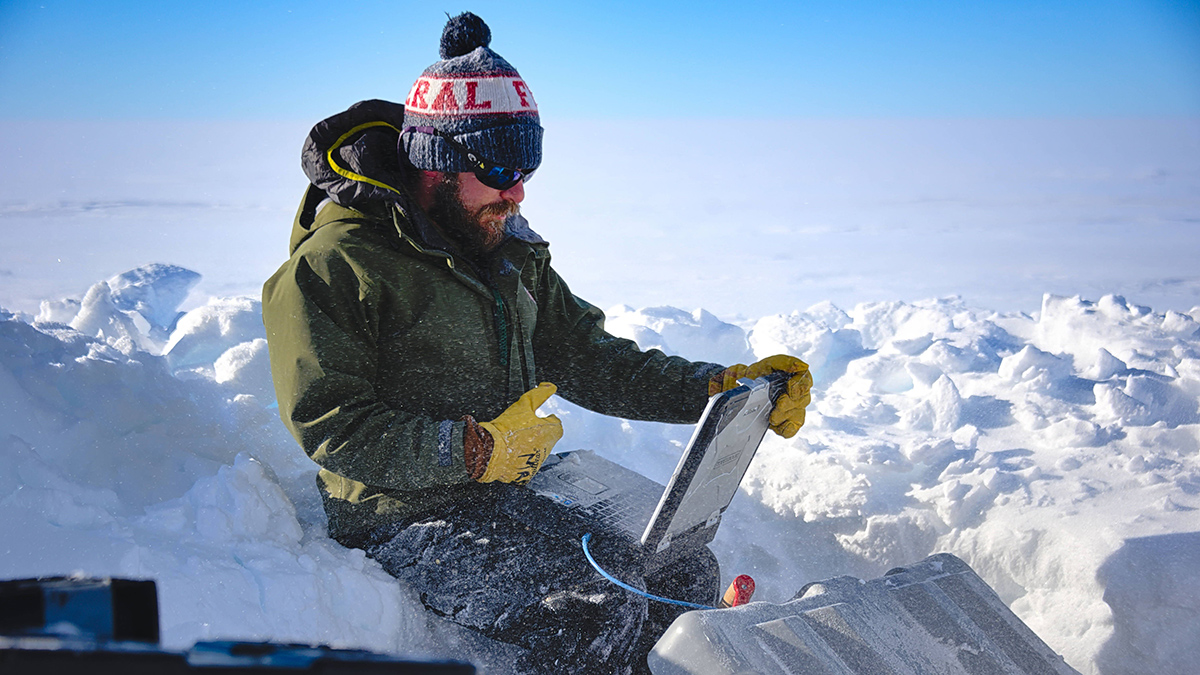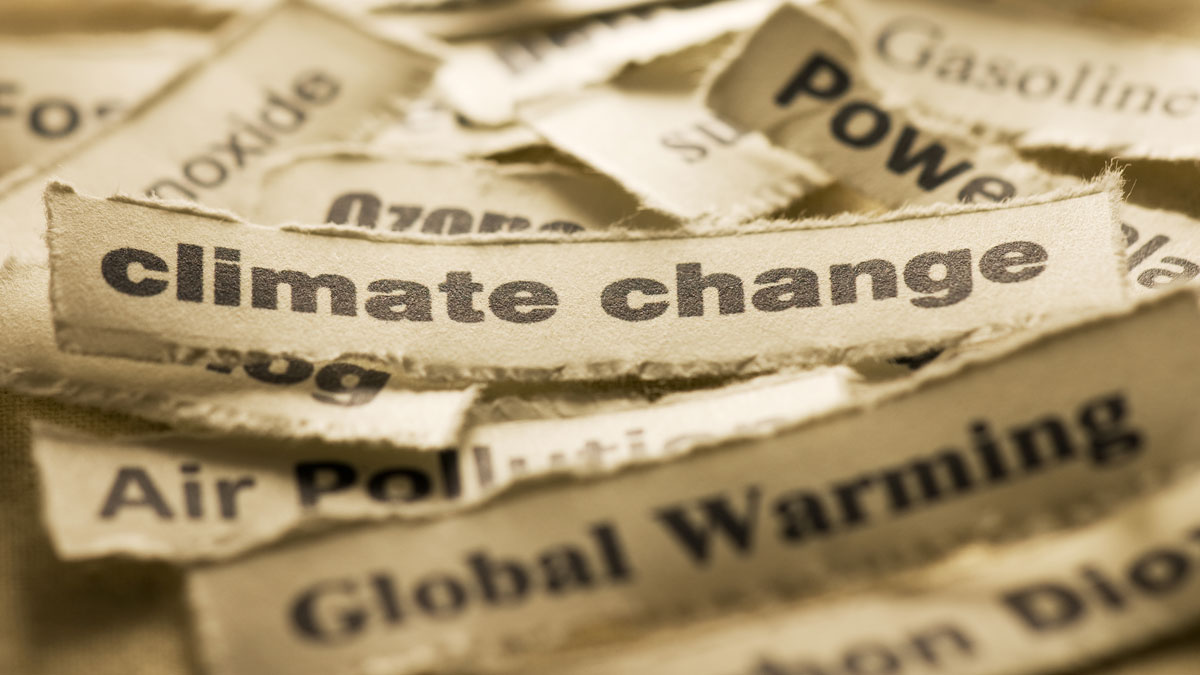CryoCloud opens scientific research and education to a broader range of cryosphere researchers with a cloud-based interactive computing environment, training, and community support.
Opinion
Concerns over Lithium, Water, and Climate in Earth’s Two Highest Deserts
Brine mining to meet resource demands amid renewable energy transitions is affecting water resources in South America and China. Hydrologists can help understand how and join the search for solutions.
Geocientífiques cuir: siendo y construyendo el cambio
Un panel conjunto de la AGU-AMS destacó cómo las personas, las instituciones y las asociaciones profesionales pueden tomar acción para ampliar las oportunidades para quienes tienen identidades tradicionalmente marginadas.
The Benefits of Empowering Community College Geoscience Faculty
Creating spaces and partnerships tailored to 2-year-college faculty can improve perceptions of how they fit into the geoscience community and boost diversity in the discipline more broadly.
How Soil Symbionts Could Unlock Climate-Smart Agriculture
By tracing the evolutionary history of beneficial soil microbes, scientists hope to unearth a sustainable solution for producing food to feed a growing global population.
Empowering Genderqueer Geoscientists: Being and Building the Change
A joint AGU-AMS panel outlined how individuals, institutions, and professional associations can take action to expand opportunities for those with traditionally marginalized identities.
Global Change Research for a More Secure World
Orienting global change science so that it informs national security issues will help us develop interventions that promote social stability and ecological well-being.
Impulsando el apoyo para estudiantes y profesionales en etapas tempranas de sus carreras
Los grupos de estudiantes y profesionales en etapas tempranas de sus carreras (E&PETCs) pueden construir comunidades, impulsar cambios equitativos en las instituciones y promover el bienestar de las personas que recorren, los muy a menudo, caminos tortuosos hacia carreras científicas.
Snapping Science in the Field
Snapchat, the multimedia messaging app, offers a range of features that make it an unexpectedly useful tool for geoscientists on the go.
From Newsworthiness to News Usefulness in Climate Change Research
Current approaches for deciding what science is covered in the media portray only a narrow slice of climate change research and aren’t well suited for stoking climate action.










